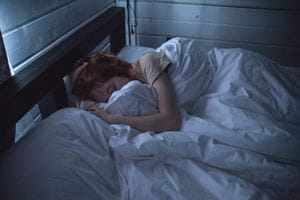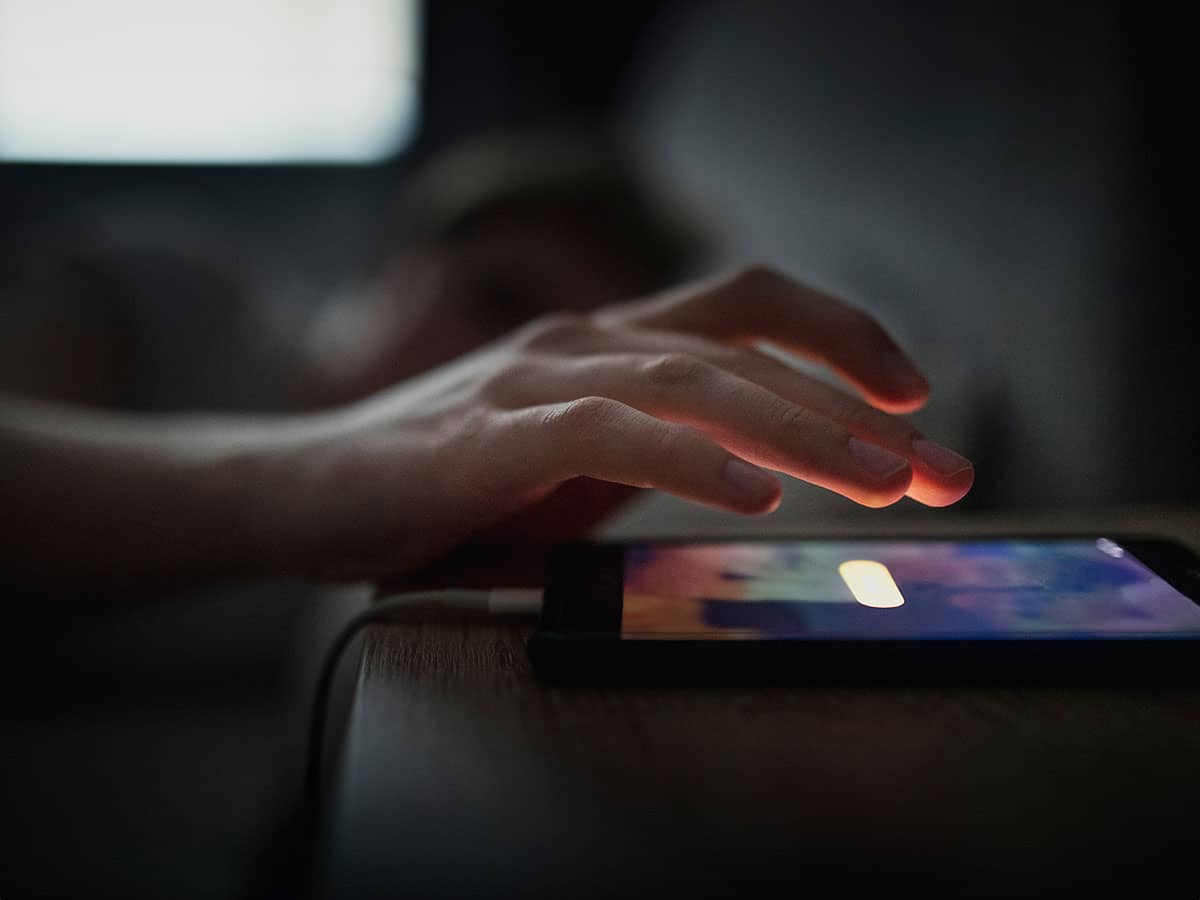
Everyone has had those nights of restlessness, where you’re laying in the bed, staring at the ceiling, wondering if and when you’ll fall asleep. You might wake up thinking it’s time to wake up, only to find that it’s two in the morning.
If you need better sleep, it may be time to think about your sleep hygiene and how your habits may be stopping you from getting the valuable sleep you need. First, let’s look into sleep hygiene and the changes you can make to your daytime and bedtime habits to improve your sleep.
What is sleep hygiene?
Sleep hygiene refers to healthy sleep behaviors. Good sleep hygiene is essential because getting good sleep is crucial for your mental and physical health and overall life quality.
How you act during the day, not just before going to bed, can affect how well you sleep. Your food and drink choices, schedule, evening routine, and many other behaviors all play a part in your ability to sleep.
If you don’t sleep well, you can take numerous steps, both during the day and before you go to bed, to enhance your sleep. Essentially, that’s what sleep hygiene is all about: building various healthy habits to help you get a good night’s sleep. Here are some tips on improving your sleep hygiene for better sleep.
Create a relaxing bedtime routine.
A comfortable bedtime routine helps you wind down to be ready to sleep. Keeping a consistent pattern allows your body to recognize that it’s bedtime when you start the routine. This routine may help you fall asleep more quickly.
The best time to start your routine is about 30 to 60 minutes before bedtime. Your schedule can include whatever makes you feel most comfortable unless it involves a device that produces blue light. Some ideas include:
- Take a warm bath or shower. Not only is the water relaxing at the moment, but the drop in your body temperature as you cool down afterward may make you feel sleepy.
- Try some gentle stretches to help your muscles relax and release tension.
- Spend a few minutes meditating to help calm your body and mind.
It would be best to avoid anything stressful or overly stimulating, like emotional conversations or working.
Keep a regular sleep schedule.
Try to sleep and wake up at about the exact times every day. Yes, even on weekends. This tactic reinforces your body’s sleep cycle, also known as your internal clock, making it easier for you to fall asleep and wake up every day. Sticking to a consistent schedule may also help reduce daytime sleepiness. Also, make sure that the bedtime you pick lets you get seven to eight hours of sleep every night.
Turn off electronic devices before bed.
Electronic devices like your phone radiate blue light, which can reduce the melatonin levels in your body. Melatonin is a chemical that controls your sleep/wake cycle. When your melatonin levels dip, falling asleep can be more difficult.
Devices that emit blue light can distract you, keeping your brain alert. This may make it harder to fall asleep. You might think that not looking at your phone close to bedtime is enough, but keeping your phone near your bed can also disrupt your sleep, even if you’re not aware of it. The message notifications, buzzing, and light that can suddenly pop on in the night can wake you up briefly, leading to a night of interrupted sleep.
Exercise regularly.
As little as 30 minutes of aerobic exercise per day can improve your sleep quality and overall health. If you can exercise outside, that might increase the benefits even more since exposure to natural light helps regulate your sleep cycle.
However, if you can’t get outside, don’t worry. Even regular indoor exercise may help you sleep better. Just try to avoid exercising an hour or two before your bedtime. Exercising during that time frame can increase your energy levels and body temperature, making it harder to fall asleep. If you want to do some activity later in the day, try doing stretches or yoga.
Limit your caffeine intake.
The effects of caffeine can last three to seven hours after you drink it. This means that your afternoon cup of coffee may keep you awake and alert a lot longer than you’d like. Although it’s typically best to limit your caffeine intake to the morning hours, keep in mind that everyone has a different tolerance to caffeine.
Some people may be able to stretch their consumption to midafternoon, while others might need to cut themselves off much earlier to fall asleep quickly. The less caffeine you drink, the more sensitive you may be to its effects.
Limit taking naps.
Napping during the day can make it trickier to fall asleep later and make you more susceptible to waking up in the middle of the night. If you need to nap, try to keep it to 30 minutes or less and avoid sleeping later in the afternoon. Napping may affect the sleep pattern of older adults more than younger people, but the extent of this is still unclear.
Sleep hygiene is about having strong sleep habits. Your actions, both during the day and around bedtime, can impact the quality of your sleep. If you have a tough time falling or staying asleep, you can try various strategies to fall asleep faster and stay sleeping for hours at a time. Most of these involve improving your sleep hygiene.
Sticking to a schedule, having a relaxing bedtime routine, exercising regularly, keeping your bedroom dark and at a comfortable temperature, and watching what you eat and drink can all impact the quality of your sleep.
If you continue to have sleep patterns or insomnia issues, it may be time to follow up with your doctor. They can determine whether an underlying condition is causing your sleep problems and can provide the treatment you may need.

